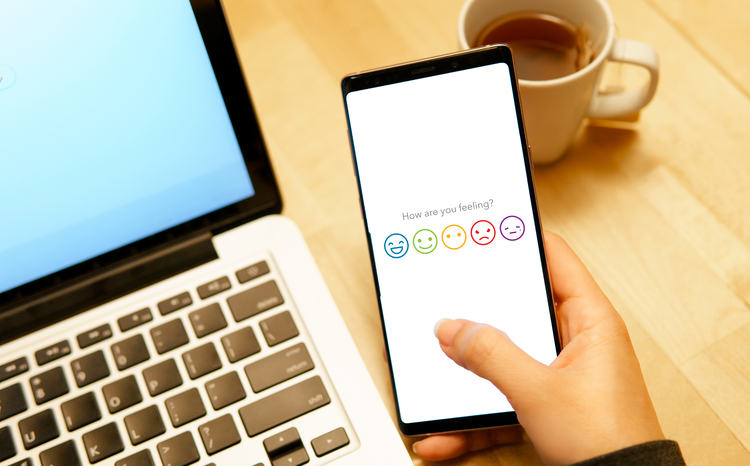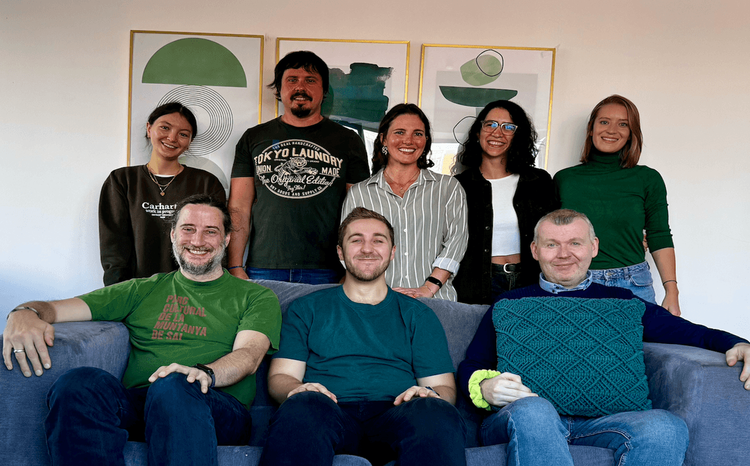Proposals for wider data sharing to be unveiled
- 15 January 2007
The government is to make it easier for different department systems to share information about individuals currently held on separate databases.
The move is expected to be presented as a pragmatic way to improve the delivery of public services and follows a government policy review of public services, headed by Work and Pensions secretary John Hutton, which concluded that it is difficult for services to be as flexible as people want because of rules on data.
Prime Minister Tony Blair today is also expected to announce the formation of five citizens’ panels, each with 100 members, who will measure public reaction to changes in privacy law.
Concerns have included worries that patient information notes held on the Spine could become more widely accessible across the public sector, once the system is up and running.
Speaking to the BBC’s Politics Show yesterday, Hutton said: “The government already stores vast amounts of data about individual citizens but actually doesn’t share it terribly intelligently across various government agencies.
“I had a case in my department about a family where someone had unfortunately died in a road traffic accident, and over the space of six months, on 44 separate occasions, they were asked to confirm details of this terrible tragedy.”
In order to proceed with the plan privacy protection laws will need to be changed. Strict regulations currently prevent one part of government sharing personal information it holds with another.
Ministers argue the data-sharing rules are “overzealous” but the opposition parties say relaxing them would be “an excuse for bureaucrats to snoop”. Critics have argued that changing the laws would dilute data protection regulations and place individual’s data at risk of unauthorised access and use.
The NO2ID campaign labeled the proposals “the abolition of privacy” and the human rights group Liberty said it was a “half-baked proposal”.
Liberty’s director, Shami Chakrabati, said: “This is an accumulation of our government’s contempt for our privacy. This half-baked proposal would allow an information free-for-all within government – ripe for disastrous errors and ripe for corruption and fraud.”
Speaking at a Downing Street seminar, Blair argued that the move could save lives. He cited the example of electronic patient records that would allow nurses or doctors treating a patient away from their local area to find out their medical history. Other improvements could include avoiding the need to contact between 30 and 40 government agencies after a family bereavement and simplifying claims by pensioners for benefits.
He said: "This is a very good example of how a perfectly sensible thing can be misconstrued. The purpose of this is not to create a new piece of technology at all or a new database. This is about sharing data in a sensible way so that the customer gets a better public service."
A statement from the Cabinet Office said that patients – the socially excluded in particular – with mental health or who are suffering from alcohol or drug related problems should not have to repeat the same story over and over again to agency after agency, sometimes up to 30 times because notes aren’t shared.
Hutton said: “The socially excluded – those with the most needs – are often hit the hardest. Some individuals can regularly deal with as many as 30 different agencies, none of whom share information on that individual. So we need to ask whether people would be in favour of relaxing current privacy procedures and data sharing laws if it would mean improved public service, particularly at points of great stress?”
The results of the citizens’ panel in March will determine whether the government goes ahead with changing the data sharing rules, but the government say that the rules, as they stand, may be an obstacle to improving public services and contribute to delays and barriers at critical times such as birth, death and unexpected illness.
Connecting for Health were contacted for a response to the prime minister’s comments.




